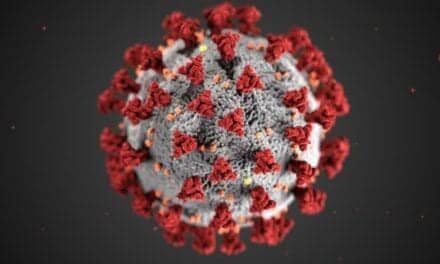Stilla Technologies, Paris, is offering a new high-throughput and cost-effective testing approach for covid-19 by combining its Crystal digital polymerase chain reaction (PCR) technology with the group testing method.
“We continue our efforts in the fight against covid-19 and are proud today to present an innovative approach that greatly increases the testing capacity and meets the highest quality standards,” says Rémi Dangla, cofounder and chief executive officer of Stilla Technologies. “This digital PCR-based group testing method has a diagnostic sensitivity superior or equal to the current standard—that is, individual RT-PCR testing—for group sizes up to 16 samples. The main benefit of this method is that it reduces the amount of reagent required to test a population by about 80%, while reducing costs and increasing test capacities by up to 10 times.”
The worldwide capacity for real-time reverse transcription polymerase chain reaction (RT-PCR) is reaching its limits because the demand for SARS-CoV-2 RT-PCR testing is increasing worldwide as more countries are affected by covid-19. Testing facilities are facing a scarcity of reagents worldwide as the demand climbs into millions of tests.
Group testing or sample pooling has been proposed as a solution to expand testing capabilities. Test positivity rate for covid-19 testing after lockdown (and before a pandemic) is usually below 10%—often around 1%—which means that 99 tests out of 100 are expected to yield negative results.
Group tests are optimal in these conditions. In a group test, the samples of 8, 16, or 32 individuals are combined into a pooled sample, which is then tested. If the test is negative, it means that all the individuals in the group are negative. If it is positive, it means that at least one individual is a carrier of SARS-CoV-2. It is then necessary to test every sample separately again to identify the carrier(s).
With a test positivity rate of 1%, only 1 in 10 groups will be positive. The test savings are therefore substantial: around 80%. Additionally, this group testing approach multiplies the number of individuals tested for a given amount of reagent by a factor of 5.
However, a risk associated with group tests is their sensitivity, which is deemed to be lower for large groups (n > 4). Such a reduction in sensitivity means that there is an increased risk of not detecting certain carriers of the virus with pooled tests compared to individual tests.
However, digital PCR is known to be more sensitive than standard RT-PCR technology. Thus, the association of digital PCR with the group testing method would address the main problem of sensitivity.
For more information, visit Stilla Technologies.





